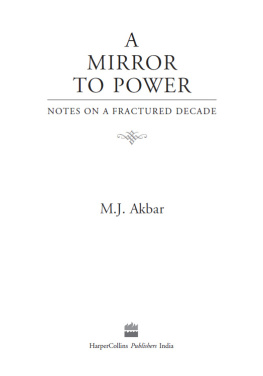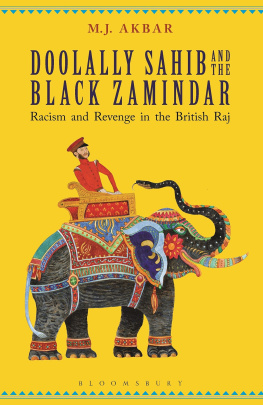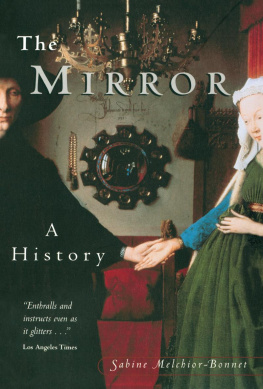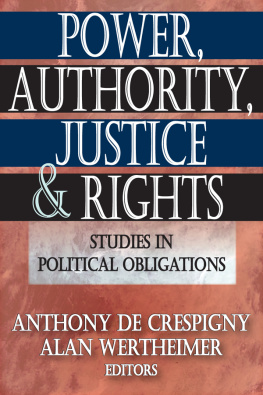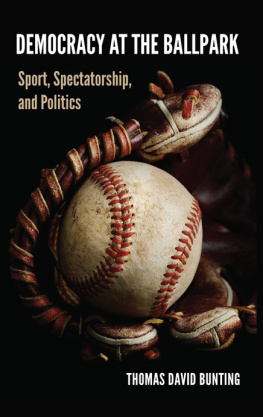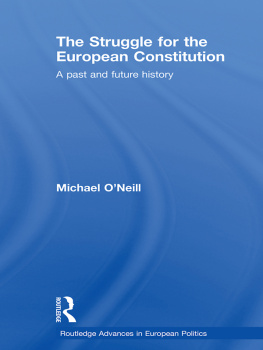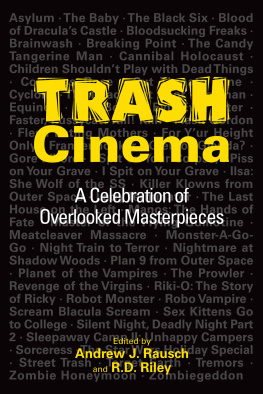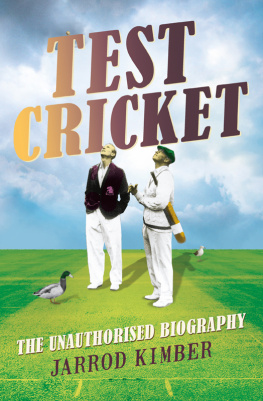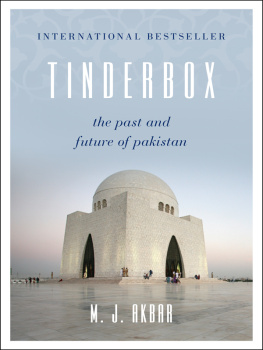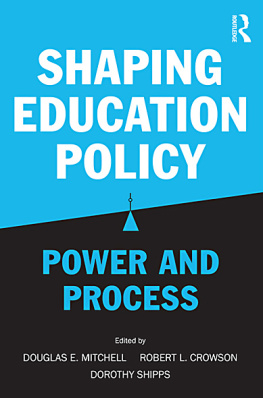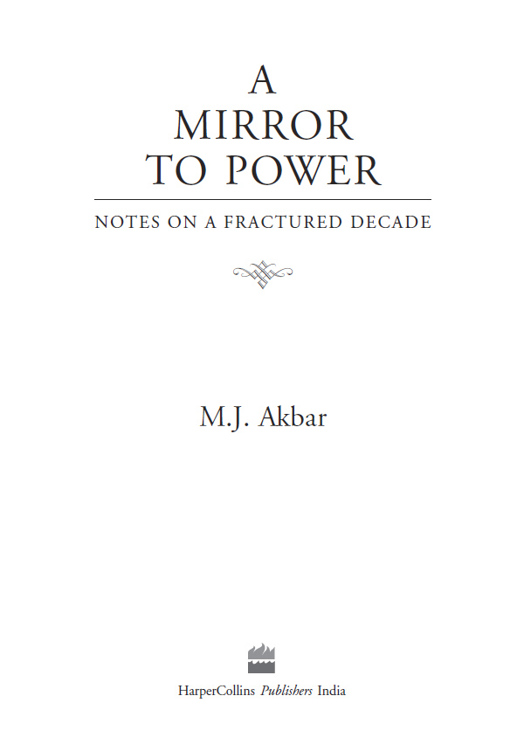Journalists do a serious job. Should they take themselves equally seriously? There is, one appreciates, the relentless pressure to pose as a hero, not least before a mirror. But those who set out to save the world probably need a health warning: the world may have less need of them than they imagine. It is salutary to laugh at yourself if your day job includes the licence to laugh at others.
This provokes a thought. Who, in that pantheon of popular Indian filmstars, a great denominator of public approval, would be the ideal symbol of journalism? Raj Kapoor seems to lead the possibilities. He was half-saviour, half-joker. He was terribly handsome, though his trousers didnt fit. He swooned over the motherland, but danced a devilish waltz. He was too grand a presence, and could rarely resist a lecture. Pontification is for pontiffs, not hacks. The other epic name, Dilip Kumar, cried too much. Too tragic. Too noble. Dev Anand could be a better fit. He lived on Real Street rather than Poets Tavern. But while writing a story you need to shoot straight, and Dev Sahab tended to wave his gun in every direction but that of the villain, which rather misses the point.
May one suggest a modest character from the Sixties? Joy Mukherjee. He became a surprise (and perhaps surprised) hit between 1960, when Love in Simla was released, and 1968, when Love aur Mohabbat flopped. He burst into fame as suddenly as he burnt out. But while he was at the top it was such wholesome fun. He had a square jaw, high forehead, wide nostrils, a spread smile, and wore T-shirts made of synthetic Banlon which clung to his undulating, baby-fat body. He never ventured into high drama, but was transparently sincere in whatever he did. 1960 was perhaps the greatest year in the history of popular cinema, but no one would have offered Joy the lead in Mughal-e-Azam or Jis Desh Mein Ganga Behti Hai, which were also released that year. The first movie rescued the past and the second saved the future; Joy lived happily in the present. You got what you saw in film after film, an amiable chap who won the girl by the last reel after struggles with snowflakes, without much strain on his IQ or ours. When his persistent fans learnt, after he faded, that his first son was named Boy Mukherjee, it seemed perfectly logical. For all we knew, a second son might have been christened Toy Mukherjee.
Journalists must answer an existentialist question at the very beginning of their careers: should they pursue their mission with a long face or a short one? My own recommendation is unambiguous: be like your copy, and keep it short. A smile always restores a face to its best size. Keep smiling. If nothing else, it disconcerts those you have to confront.
A long face also encourages the worst crime in the profession: sermons. Good journalists should evade the temptation of piety, stop believing they are agents of either God or king, and let loose their primary instinct, which is flirtation with the audacious.
Any collection of columns such as this book is an invitation to dance on a pedestal. Its merry for a bit, and then you can fall with a thud, severely injuring your ego. There is never sufficient space on a pedestal for posturing.
Let me refer you to that ultimate paragon of literary honour and social morality, P.G. Wodehouse. When he wrote an introduction to his first omnibus edition of tales about the immortal butler Jeeves, Wodehouse confessed to a slight feeling of chestiness, just the faint beginning of that offensive conceit against which we authors have to guard carefully. I mean to say, an omnibus book... Well, dash it, you cant say it doesnt mark an epoch in a fellows career and put him just a bit above the common herd.
Such potential conceit, he argues, could only be justified by the public good. And so he listed the many ways in which the Jeeves omnibus might serve the masses. It would, he pointed out, make an excellent paperweight. If you were on vacation, you could rip off a page at a time and use it as shaving paper. You might want to place the heavy book on your chest, jerk it up and down, and obviate the need for any further physical exercise. Finally, schoolboys could always use it as a weapon in any inter-study brawl.
I do not know how to say this without sounding like a puffed-up bullfrog, but I might be one up on The Master.
Some four decades ago I got my first proper job in journalism, thanks to the incomparable Khushwant Singh, then editor of The Illustrated Weekly of India, and his wonderful deputy, Fatma Zakaria. They made me read proofs, of course, as is the fate of residents on the lowest rung of the ladder, but they also encouraged me to write, which was the preserve of those on the highest. The Weekly sold a humungous 400,000 copies, at a time when the rest of Indias English magazines could not together sell 100,000. I was 20, and floating.
I started to soar when in just a few weeks my first cover story was published. There is nothing quite so heady as seeing, for the first time, your name on the cover of a household publication. I was walking on air as I neared the entrance of the imperial Mumbai offices of the Times of India Group when I noticed a homeless mother on the pavement wipe her babys bottom, literally, with my first cover story.
I challenge Wodehouse to top that on the scale of services to humanity. Journalism may do little to clear a politicians head, but if it can help clean a babys bottom it is worth every word.
Journalism may be the spark that adds life to democracy, but it is never wise for a journalist to become too worthy for his own good.
Politics naturally dominates the discourse of our craft. Journalism may not quite be the first draft of history, but it is a pretty good log-book of the many ships that sail on time. Life is a spectrum, and there is more colour to it than just the few shades of politics. As this collection indicates, cricket and cinema offer as much opportunity to enjoy the genius of talent. These columns wander between the critical, the analytical and the wistful. If the former put you to sleep, try the latter. This selection owes much to the diligence of my colleague Joyeeta Basu and the intense scrutiny of my editor at HarperCollins, Krishan Chopra, so you know who to blame if you think youve wasted your money by buying this book.
I dare not suggest that this compilation is meant to be instructive, but if it does offer some fleeting pleasure, then the soul of one journalist shall sing one of many memorable songs from the films of Joy Mukherjee.
When you are in power, you never hear the volcano rumbling in the belly of the mountain, although fires are licking at the mouth of the crater.
One cannot be a superpower on an empty stomach

